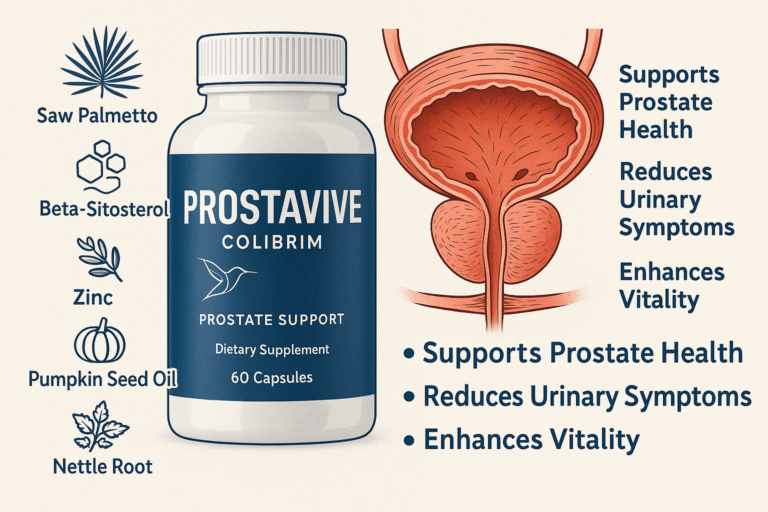The Evolving Role of Functional Foods in Modern Wellness
Food no longer serves only as fuel; it increasingly functions as a tool for maintaining health. People now look beyond calories to examine how nutrients influence energy, immunity, and longevity. This shift has led to the rise of functional foods that combine taste with measurable benefits. Nuts, seeds, and whole grains often stand out in these conversations. Their versatility makes them valuable additions to meals across cultures and lifestyles. Understanding their role requires exploring nutrition, preventive health, and integration into everyday routines.
As wellness becomes a guiding principle in food choices, functional ingredients are gaining recognition. They support dietary goals without requiring extreme adjustments or restrictions. This makes them accessible to a wide range of individuals seeking balance. Their appeal also extends to cultural traditions and modern innovations alike. At the same time, global farming and sustainability practices highlight their importance. By examining these foods closely, it becomes clear how they help bridge the gap between pleasure and health.
Understanding the Value of Nutrient Density
Functional foods are often defined by their concentration of valuable nutrients. They deliver benefits that exceed basic sustenance and provide measurable support for bodily functions. Nuts are a prime example of this category, offering fats, proteins, and antioxidants in one package. When nutritionists examine macadamia nut nutritional facts, they often emphasize their high levels of monounsaturated fats. These fats can improve cardiovascular balance and maintain steady energy levels. In addition, macadamias contain essential minerals like magnesium and manganese that support overall metabolism. Their nutrient profile demonstrates how small portions can yield meaningful health advantages. This makes them an ideal case study in understanding the concept of nutrient density.
Evaluating nutrient-dense foods requires considering both quality and quantity. Foods rich in healthy fats, fibers, and vitamins perform better than those loaded with empty calories. When consumed in moderation, these options enhance satiety and reduce reliance on processed snacks. This pattern supports long-term health without demanding drastic changes. Pairing nuts with fruits or grains can further amplify nutrient absorption. Researchers continue to study how these combinations affect digestion and energy regulation. The results consistently show that nutrient density shapes both short-term performance and long-term resilience. Therefore, choosing such foods represents a practical step toward improved well-being.
Linking Diet to Preventive Health
Preventive health strategies emphasize consistent lifestyle choices over quick fixes. Diet plays a central role by reducing risks associated with chronic conditions. Foods that support vascular health, lower inflammation, and balance cholesterol have particular value. The health benefits of macadamia nuts illustrate this principle by connecting nutrition to cardiovascular resilience. Their healthy fats and antioxidants may reduce oxidative stress and protect arteries. Regular consumption aligns with dietary guidelines that encourage whole, minimally processed foods. This connection demonstrates how functional foods act as protective measures against illness. Their role extends beyond immediate nutrition into long-term preventive care.
Preventive strategies succeed when integrated into daily life. Nuts, for example, fit easily into both savory and sweet dishes. Their richness satisfies cravings while delivering protective compounds. Studies often show that populations consuming diets high in plant-based fats enjoy lower rates of heart disease. These findings reinforce the importance of consistent dietary adjustments. When combined with physical activity and balanced routines, the protective power of diet becomes clear. Functional foods like nuts provide a reliable foundation for this approach to health.
Practical Advantages of Everyday Consumption
Wellness gains meaning only when they can be applied to daily life. Functional foods succeed by combining accessibility with impact. They provide essential nutrients in forms that are easy to integrate into common meals. The benefit of eating macadamia nuts becomes apparent when they appear in simple snacks or recipes. A small portion with breakfast can maintain energy throughout the morning. Midday snacks that include nuts reduce the temptation to reach for processed alternatives. Their versatility ensures that wellness goals remain achievable in diverse lifestyles. This adaptability is what secures their place in functional nutrition.
Everyday use also relies on taste and satisfaction. Foods that feel like burdens rarely become lasting habits. Nuts offer a pleasant crunch, mild flavor, and satisfying richness that appeal to many palates. They can be roasted, ground, or blended into a variety of preparations. Their convenience makes them suitable for people balancing work, family, and personal health goals. When healthy foods are enjoyable, they foster consistency without effort. Over time, these simple choices accumulate into measurable outcomes like weight stability and better metabolic balance. Thus, practicality makes functional foods powerful tools for sustained well-being.
Culinary and Creative Applications
Culinary innovation showcases how functional foods can elevate both flavor and nutrition. Chefs and home cooks alike use nuts to bring texture and depth to recipes. Their oils provide richness without the need for artificial additives. Ground forms substitute for flour in gluten-sensitive dishes, while nut butters enrich sauces and spreads. Each application highlights the adaptability of this category. Creative recipes allow people to enjoy variety while meeting nutritional goals. This balance prevents healthy eating from becoming monotonous. As a result, functional foods inspire innovation in kitchens worldwide.
The integration of functional foods into modern cooking also reflects broader trends. Plant-based recipes often rely on nuts to replace traditional animal-based ingredients. Smoothies, salads, and desserts benefit from their nutrient contribution and natural taste. These creative uses promote both wellness and culinary enjoyment. They also align with consumer demand for healthier, more sustainable food choices. By bridging nutrition and gastronomy, functional foods demonstrate relevance in both professional and casual cooking. Their presence in everyday meals ensures that healthful eating remains accessible and enjoyable. This versatility continues to secure their popularity in the evolving food landscape.
Global Perspectives on Functional Foods
The significance of functional foods extends beyond individual health to global traditions. Many cultures have long valued nutrient-rich ingredients in rituals, celebrations, and daily meals. Nuts, grains, and seeds often symbolize prosperity, resilience, and balance. Their role in traditional medicine also reflects an understanding of food as healing. Modern nutrition research now validates many of these historical practices. This connection highlights how culture and science reinforce one another. It also demonstrates the enduring relevance of foods that nourish both body and spirit. Such perspectives enrich the global narrative of wellness and diet.
Economically, functional foods contribute to farming communities and international trade. Nuts, for instance, support agricultural economies while meeting global demand. Their cultivation often requires sustainable practices like water conservation and soil management. These efforts influence both environmental health and crop quality. As consumer interest in wellness grows, so does the market for nutrient-dense foods. This creates opportunities for farmers and distributors worldwide. However, it also places responsibility on industries to maintain ethical and sustainable practices. Thus, functional foods hold significance not only for individuals but also for societies and economies.
Wrap Up
Functional foods highlight the connection between everyday eating and long-term health. They provide nutrients that support physical, cognitive, and emotional balance. Their adaptability ensures they remain part of diverse diets across the world. When used consistently, they help reduce risks associated with chronic illness. Their role in preventive strategies emphasizes sustainable and enjoyable lifestyle changes. This makes them both practical and valuable for those seeking better wellness. Their influence extends beyond nutrition to include cultural, economic, and environmental dimensions. As such, they remain a vital component of the modern food system.
Lasting health outcomes depend on consistency, not extremes. Functional foods allow individuals to pursue balance without abandoning enjoyment. Their natural richness offers a pathway to stable energy and metabolic resilience. Culinary versatility ensures they fit into both traditional and modern recipes. Global traditions reinforce their value as sources of nourishment and meaning. Research continues to validate and expand upon these benefits. Food choices therefore become tools of empowerment in shaping healthy lives. In this light, functional foods are not trends but essential elements of enduring wellness.






